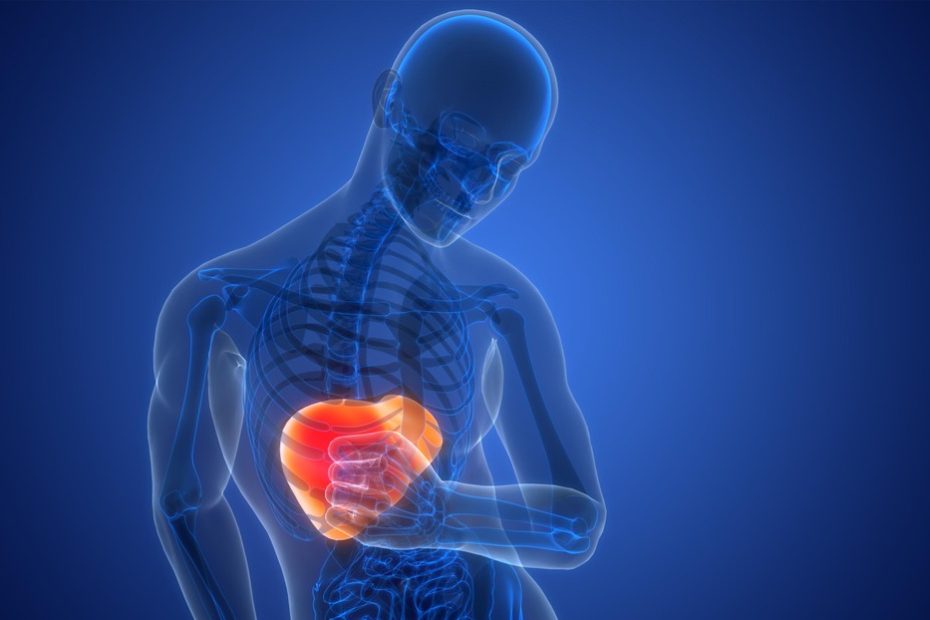Liver disease has long been one of the world’s most pressing health challenges. From alcohol-related liver damage to non-alcoholic fatty liver disease (NAFLD) linked with obesity and diabetes, millions of people worldwide face risks tied to this vital organ’s decline. While treatments exist, they are often limited in scope or effectiveness. Now, scientists have uncovered a surprising and promising ally in the fight against liver disease: a molecule found in tropical fruits.
Why the Liver Matters So Much
The liver is sometimes called the body’s “chemical factory.” It processes nutrients, detoxifies harmful substances, produces bile for digestion, and helps regulate metabolism. Damage to the liver—whether by alcohol, viruses, fat accumulation, or toxins—can lead to fibrosis (scarring), cirrhosis, and even cancer. Because liver cells regenerate, treatments that protect or restore liver function could have enormous benefits.
The Molecule Hidden in Tropical Fruits
Researchers recently identified a compound derived from certain tropical fruits (such as mangosteen and guava) with powerful protective properties for the liver. The molecule appears to work on multiple levels:
- Antioxidant effects: It neutralizes harmful free radicals that damage liver cells.
- Anti-inflammatory action: It reduces chronic inflammation, which is often the root cause of liver scarring.
- Metabolic regulation: It may help balance fat accumulation in the liver, a key factor in NAFLD.
This natural molecule is being studied for its ability to slow, stop, or even reverse some stages of liver disease.
How Scientists Discovered Its Potential
The story began when researchers compared the diets of populations in tropical regions with those in other parts of the world. People consuming certain fruits regularly showed lower rates of liver-related illnesses. Curious, scientists extracted and tested compounds from these fruits in laboratory settings.
When tested on animal models with liver injury, the molecule consistently showed strong protective effects. Damaged liver tissues healed faster, inflammation decreased, and fat buildup was reduced. These results encouraged researchers to begin planning clinical trials for humans.
Targeting Non-Alcoholic Fatty Liver Disease (NAFLD)
One of the biggest global liver health challenges today is NAFLD, closely tied to obesity and diabetes. In NAFLD, excess fat accumulates in the liver, leading to inflammation and fibrosis. Current treatments mostly focus on lifestyle changes—diet, exercise, and weight management.
The tropical fruit molecule offers a potential new line of therapy. By targeting oxidative stress and fat metabolism in the liver, it could complement existing lifestyle-based interventions and even act as a standalone protective agent.
Potential Beyond Liver Health
Interestingly, this molecule may not be limited to liver-related benefits. Because it affects inflammation and cellular health, researchers believe it could also help in conditions like:
- Cardiovascular diseases (linked to fatty buildup and inflammation)
- Metabolic syndrome (a cluster of obesity-related issues)
- Certain cancers (where oxidative stress plays a role)
The tropical fruit connection also opens doors for dietary supplements or even new prescription drugs.
Challenges and Next Steps
As exciting as the discovery is, scientists caution that there is still a long way to go. Key challenges include:
- Dosage and safety: Determining how much of the molecule is safe and effective in humans.
- Consistency: Fruit-derived compounds can vary depending on growing conditions. Researchers need stable synthetic versions for reliable results.
- Clinical trials: Human studies will confirm whether the promising effects seen in animals translate to real-world medical benefits.
A Glimpse of the Future
Imagine a day when a compound inspired by tropical fruit becomes a standard prescription for liver health. Just as penicillin was once discovered in mold, this natural molecule may one day change how doctors treat liver disease. It also reinforces a timeless lesson: nature often holds solutions waiting to be uncovered.
Final Thoughts
The discovery of a tropical fruit molecule with liver-protecting powers is a reminder that science often finds hope in unexpected places. While still in the early stages, this research could pave the way for new therapies that save millions of lives. For now, the scientific community is watching closely, hopeful that a sweet gift from the tropics could help solve one of medicine’s toughest challenges.
